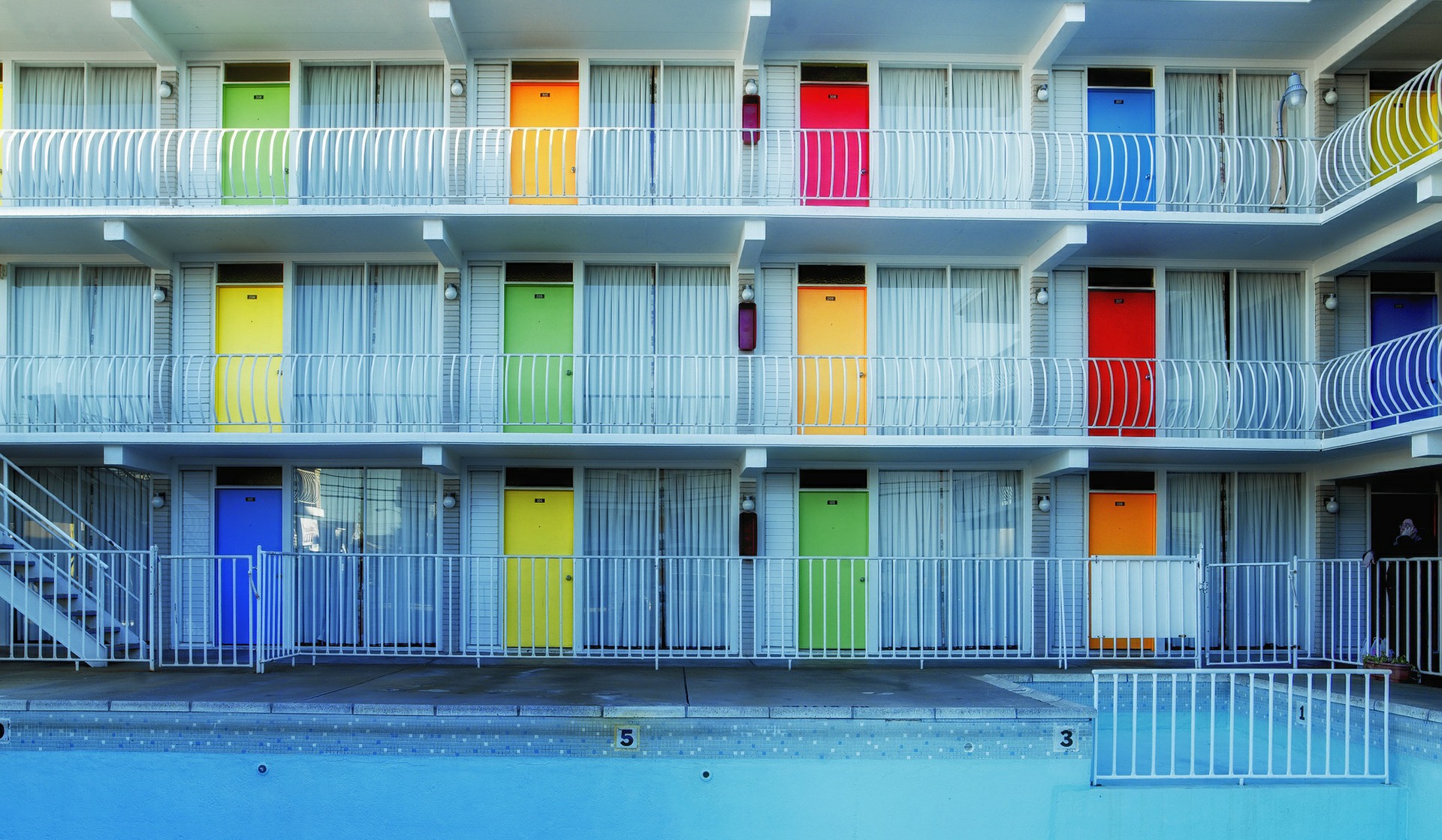New Jersey is home to some of the most beautiful beaches in the country. But with so many people flocking to the shore, it’s important to be aware of the water quality. After all, you don’t want to ruin your day at the beach by getting sick.
There are a few things that can affect water quality at New Jersey beaches. These include:
- Rainfall
- Sewage overflows
- Agricultural runoff
- Bacteria
The good news is that there are a number of things that are being done to improve water quality at New Jersey beaches. These include:
- Upgrading sewage treatment plants
- Reducing agricultural runoff
- Monitoring water quality
- Educating the public about water quality
As a result of these efforts, water quality at New Jersey beaches has been improving in recent years. However, it’s still important to be aware of the risks and to take precautions to protect yourself from getting sick.
New Jersey Beach Water Quality: A Comprehensive Guide
I’ve been a beach bum all my life. I grew up spending summers at the Jersey Shore, and I still love to hit the beach whenever I can. But I’ve also learned that it’s important to be aware of the water quality before you swim. After all, you don’t want to ruin your day at the beach by getting sick.
That’s why I’m writing this guide to New Jersey beach water quality. I’ll cover everything you need to know about the risks of swimming in contaminated water, how to check the water quality before you swim, and what to do if you get sick from swimming in contaminated water.

Framed Matted Ocean City Boardwalk Collage Photography Art, New Jersey – Source www.etsy.com
What is New Jersey Beach Water Quality?
New Jersey beach water quality refers to the cleanliness of the water at New Jersey beaches. The water quality can be affected by a number of factors, including pollution, bacteria, and runoff. The New Jersey Department of Environmental Protection (DEP) monitors the water quality at New Jersey beaches and issues advisories when the water is unsafe for swimming.
The DEP uses a number of criteria to determine if the water is safe for swimming. These criteria include:
- The number of bacteria in the water
- The type of bacteria in the water
- The visibility of the water
- The presence of any harmful chemicals
If the DEP determines that the water is unsafe for swimming, they will issue a swimming advisory. The advisory will typically recommend that people avoid swimming in the water until the advisory is lifted.

Lifeguard Jersey Shore NJ Life Guard Sweatshirt Red New Jersey Beach – Source www.ebay.com
History and Myth of New Jersey Beach Water Quality
New Jersey has a long history of beach water quality issues. In the early 1900s, sewage and industrial waste were often dumped directly into the ocean. This led to high levels of bacteria in the water, which made it unsafe for swimming.
In the 1970s, the Clean Water Act was passed. This law helped to reduce pollution in the ocean, and water quality at New Jersey beaches began to improve. However, there are still occasional problems with water quality, especially after heavy rains.
There are a number of myths about New Jersey beach water quality. One myth is that the water is always dirty. This is not true. The DEP monitors the water quality at New Jersey beaches, and the vast majority of the time, the water is safe for swimming.

Southern New Jersey Beach Towns – Top 10 – Marla Cimini – Source marlacimini.com
Hidden Secret of New Jersey Beach Water Quality
One of the best-kept secrets about New Jersey beach water quality is that there are a number of hidden gems that are often overlooked by tourists. These beaches are typically located in less developed areas, and they offer some of the cleanest water in the state.
Here are a few of the hidden gems of New Jersey beach water quality:
- Island Beach State Park
- Cape May Point State Park
- Higbee Beach
- Corson’s Inlet State Park
These beaches are all located in relatively remote areas, but they are well worth the trip. The water is clean and clear, and the beaches are often less crowded than the more popular beaches.

Dog-Friendly Beaches in New Jersey | USA Today – Source traveltips.usatoday.com
Recommendations of New Jersey Beach Water Quality
If you’re planning on swimming at a New Jersey beach, there are a few things you can do to help ensure that the water is safe:
- Check the DEP’s website for water quality advisories.
- Swim at a beach that has a lifeguard.
- Avoid swimming in the water after a heavy rain.
- If you see any signs of pollution, such as sewage or debris, do not swim in the water.
By following these simple tips, you can help ensure that you have a safe and enjoyable day at the beach.

Student Papers Examine Discriminatory Barriers to Beach Access, Climate – Source www.monmouth.edu
New Jersey Beach Water Quality: A Comprehensive Guide
New Jersey has some of the most beautiful beaches in the country, but it’s important to be aware of the water quality before you swim. The DEP monitors the water quality at New Jersey beaches and issues advisories when the water is unsafe for swimming.
There are a number of factors that can affect water quality at New Jersey beaches, including pollution, bacteria, and runoff. The DEP uses a number of criteria to determine if the water is safe for swimming. These criteria include the number of bacteria in the water, the type of bacteria in the water, the visibility of the water, and the presence of any harmful chemicals.
If the DEP determines that the water is unsafe for swimming, they will issue a swimming advisory. The advisory will typically recommend that people avoid swimming in the water until the advisory is lifted.

Ocean Grove pier… | Ocean grove, New jersey beaches, Beach photos – Source www.pinterest.com
Tips of New Jersey Beach Water Quality
Here are a few tips to help you avoid getting sick from swimming in contaminated water:
- Avoid swimming in water that is cloudy or discolored.
- Avoid swimming in water that has a strong odor.
- Avoid swimming in water that has a lot of debris in it.
- Avoid swimming in water that is near a sewage outfall.
- Avoid swimming in water that is near a farm or livestock operation.
If you do get sick from swimming in contaminated water, see your doctor immediately.

🔥 Download Image Gallery Devils Logo by @carlosflores | New Jersey – Source wallpapersafari.com
New Jersey Beach Water Quality: A Comprehensive Guide
New Jersey has some of the most beautiful beaches in the country, but it’s important to be aware of the water quality before you swim. The DEP monitors the water quality at New Jersey beaches and issues advisories when the water is unsafe for swimming.
There are a number of factors that can affect water quality at New Jersey beaches, including pollution, bacteria, and runoff. The DEP uses a number of criteria to determine if the water is safe for swimming. These criteria include the number of bacteria in the water, the type of bacteria in the water, the visibility of the water, and the presence of any harmful chemicals.
If the DEP determines that the water is unsafe for swimming, they will issue a swimming advisory. The advisory will typically recommend that people avoid swimming in the water until the advisory is lifted.

Atlantic City Free Stock Photo – Public Domain Pictures – Source www.publicdomainpictures.net
Fun Facts of New Jersey Beach Water Quality
Here are a few fun facts about New Jersey beach water quality:
- The DEP monitors the water quality at over 100 beaches in New Jersey.
- The DEP issues swimming advisories for about 10% of the beaches in New Jersey each year.
- The most common reason for swimming advisories is high levels of bacteria.
- Swimming in contaminated water can cause a variety of illnesses, including gastroenteritis, skin infections, and respiratory infections.
By following the tips in this guide, you can help ensure that you have a safe and enjoyable day at the beach.

Vacationing At Home In Belmar: Ideas For A Jersey Shore Staycation – Source www.pinterest.com
How to New Jersey Beach Water Quality
If you’re concerned about the water quality at a particular beach, you can check the DEP’s website for water quality advisories. You can also call the DEP’s hotline at 1-800-882-5444 to get information about water quality at a specific beach.
If you see any signs of pollution, such as sewage or debris,
